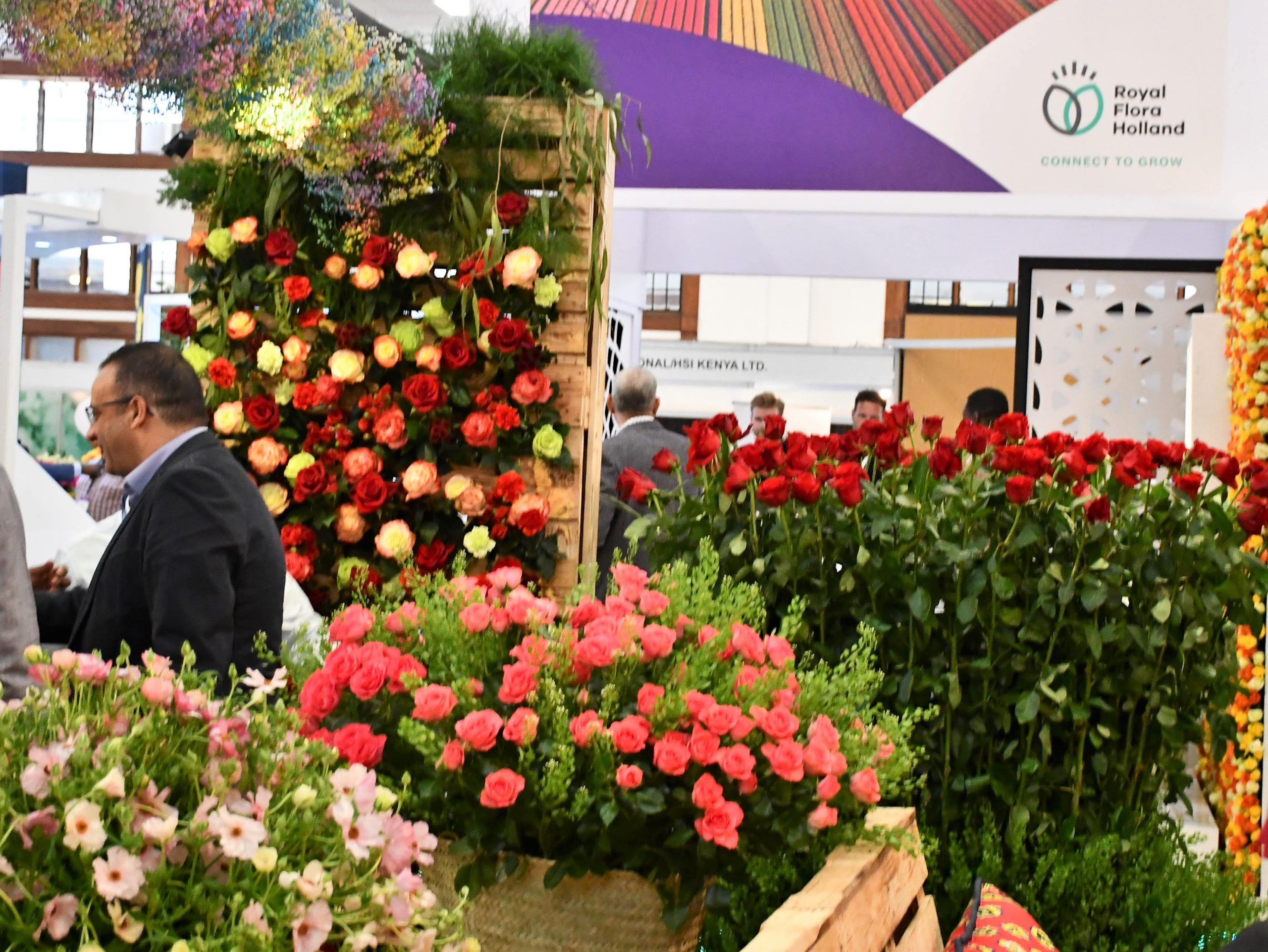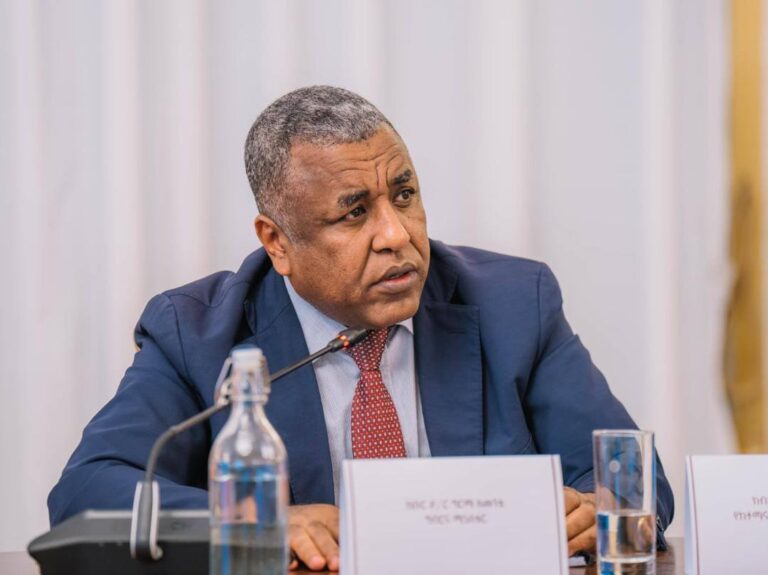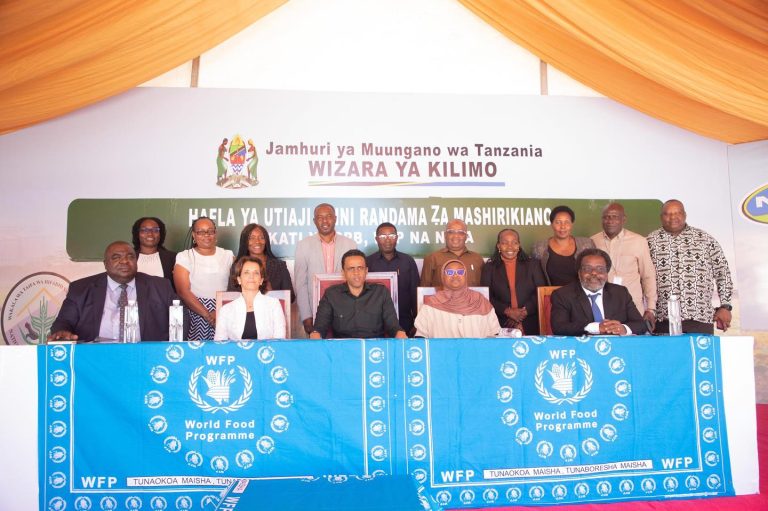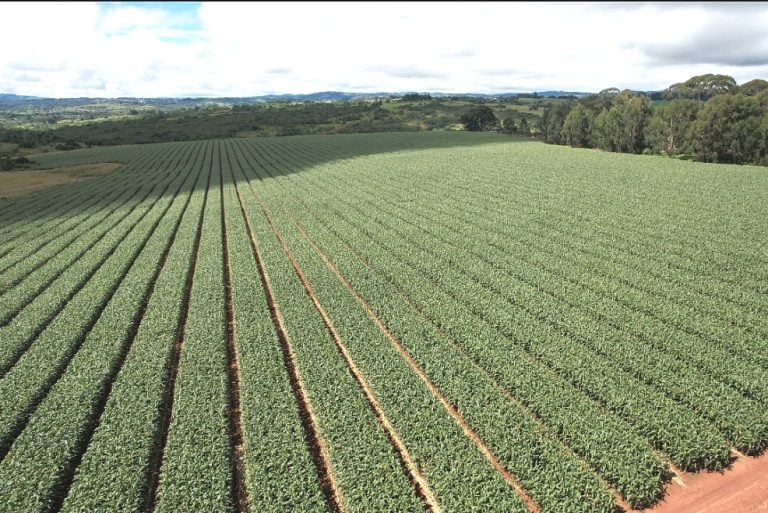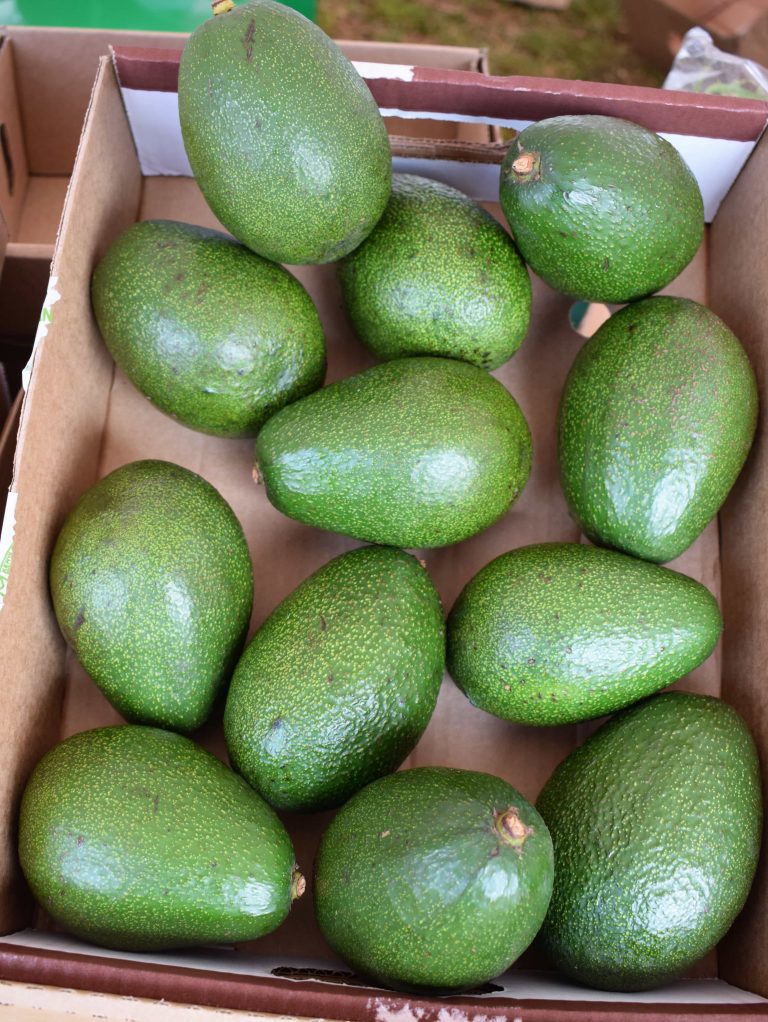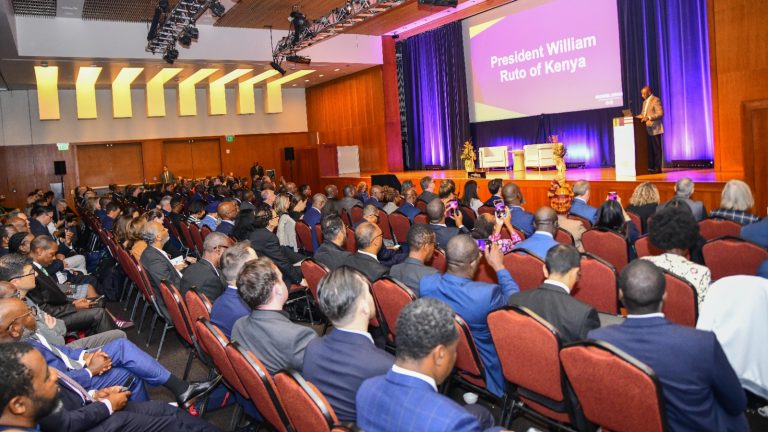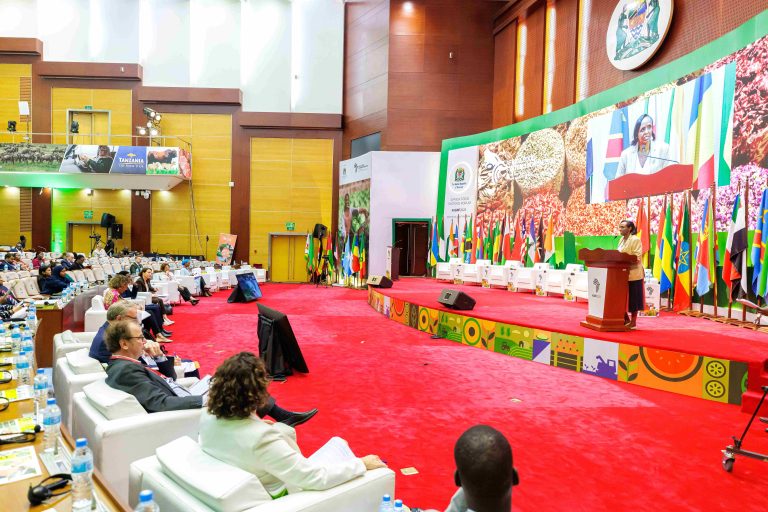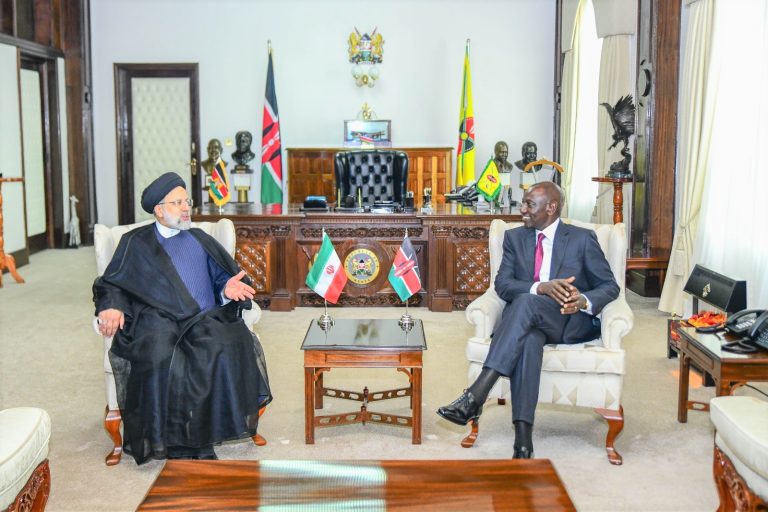The UK has temporarily removed Global Tariff for cut flowers, with the aim of making trade with the UK easier and cheaper for growers in East Africa and beyond.
The UK Global Tariff (UKGT) on cut flowers will be suspended for two years from 11th April 2024 to 30th June 2026. It allows for unlimited quantities of flowers to enter the UK, particularly if they transit through a third country or the flower auctions in the Netherlands – where previously an 8% UKGT would apply.
This means that unlimited quantities of flowers can now be exported to the UK at 0% tariff, even if they transit via a third country. This is particularly important for East African flower growers who transport their blooms via third-countries or auction houses before they arrive in the UK. The move aims to increase trade and further strengthen the economic relationship between the UK and the region. The British High Commission says UK consumers could win big too on price, seasonality, and variety.
The suspension of 8% duty for cut flowers applies across the world but will be a big win for major flower growing regions in Kenya, Ethiopia, Rwanda, Tanzania, and Uganda.
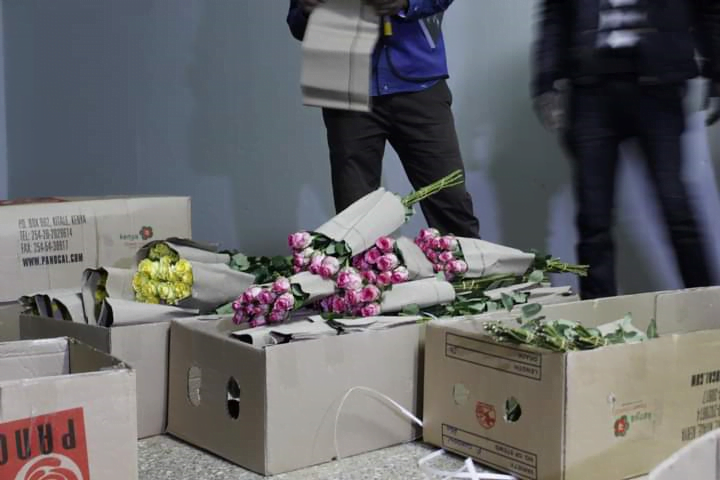
His Majesty’s Trade Commissioner for Africa, John Humphrey said: “The UK’s relationship with East Africa is rooted in mutually beneficial trade. This additional flower power will allow trade to bloom. We go far when we go together… or in this case, we grow far when we grow together, further reinforcing the UK’s commitment to the expansion of trade in East Africa.”
In 2022, Kenya was ranked as the fourth biggest exporter of cut-flowers in the world, with 6% of global cut-flower exports. Ethiopia is the second largest cut flower producer in Africa, making up 23% of Sub-Saharan African exports. In 2023, the value of trade in cut flowers between the UK from Ethiopia was valued at £12.6m, Rwanda at £727,000, £839,000 from Tanzania, and £1.1m from Uganda. UK says the decision strengthens the UK-Kenya Strategic Partnership – an ambitious five-year agreement that is unlocking mutual benefits for the UK and Kenya.
It also bolsters the UK-Kenya Economic Partnership Agreement, which came into force in March 2021 which the UK says already saves Kenyan exporters over KES 1.5bn (£10m) every year in duties on products such as green beans and cut flowers.
The total trade in goods and services (exports plus imports) between the UK and Kenya was £1.4 billion in the four quarters to the end of Q3 2023, an increase of 11.1% or £140 million in current prices from the four quarters to the end of Q3 2022. Of this £1.4 billion
The total UK exports to Kenya amounted to £635 million in the four quarters to the end of Q3 2023 (an increase of 6.5% or £39 million in current prices, compared to the four quarters to the end of Q3 2022).
The total UK imports from Kenya amounted to £771 million in the four quarters to the end of Q3 2023 (an increase of 15.1% or £101 million in current prices, compared to the four quarters to the end of Q3 2022).
In 2023, around 400 UK VAT-registered businesses imported goods from Kenya.


